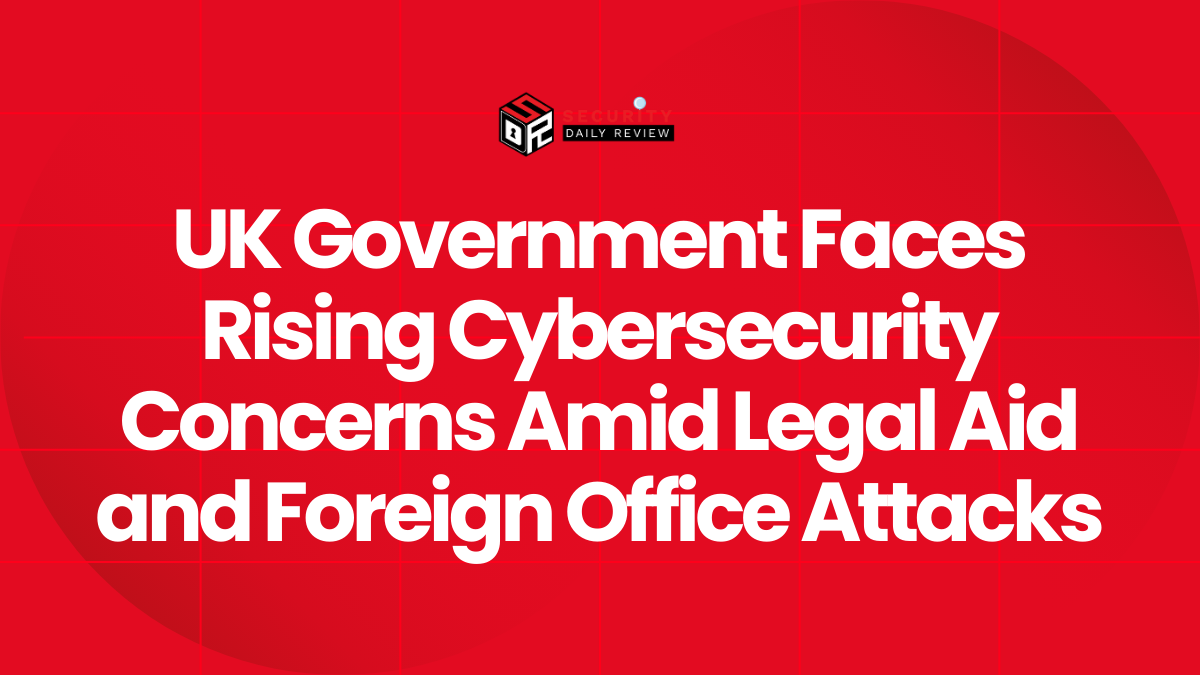A Russian national described as a “world-class hacker” by Thai investigators has been arrested on the resort island of Phuket following a tip-off from the United States Federal Bureau of Investigation (FBI). The arrest highlights the increasing cross-border collaboration between law enforcement agencies to track and apprehend suspected cybercriminals.
Pursuit of a High-Profile Cybercrime Suspect Ends in Thailand
The arrest marks a significant breakthrough in the FBI’s global effort to apprehend key players in cybercrime operations.
Thailand’s Cyber Crime Investigation Bureau (CCIB) confirmed on Wednesday that the suspect had traveled to the country recently, prompting an expedited investigation after receiving intelligence from U.S. authorities. The suspect, whose name has not yet been publicly disclosed by Thai officials, was swiftly traced to a luxury villa in Phuket. Authorities seized computers and electronic equipment during the search.
According to the CCIB, this individual is accused of being involved in multiple high-impact cyberattacks that have affected organizations worldwide. The FBI’s tip-off identified him as one of their most-wanted cybercrime suspects.
Arrest Operation Hinted at Strategic Planning and Coordination
The CCIB stated that the arrest took place smoothly in coordination with the FBI. Local police tracked the suspect’s digital footprint and physical movements before making the arrest. The exact charges faced by the suspect have not been disclosed, but early reports suggest his involvement in a series of complex hacking operations.
The FBI categorized the individual as a top-tier hacker responsible for orchestrating sophisticated intrusions into corporate and possibly government infrastructure. While no direct links were publicly revealed, officials suggested that this arrest may be related to sweeping cyber campaigns that have resulted in significant financial and data losses across multiple countries.
Broader Implications for International Cybercrime Enforcement
With cybercriminals frequently crossing borders, law enforcement continues to adopt global strategies to prevent safe havens for digital offenders.
This arrest serves as an indicator that cooperative intelligence-sharing and active enforcement across legal jurisdictions are critical in combating international cyber threats. The use of Southeast Asia as a temporary base by cybercriminals is not unprecedented. However, the prompt detection and arrest in this case suggest that nations in the region, particularly Thailand, are enhancing their operational capacity to deal with cybercrime suspects operating on their soil.
The suspect is now expected to face extradition proceedings, and if returned to the U.S., may be prosecuted under federal cybercrime statutes related to unauthorized access to computer systems, data theft, and possibly international cyber-espionage.
Continued Vigilance Required as Cyber Threats Escalate
As cybercriminals evolve, law enforcement agencies must remain agile and cooperative to deter future incidents.
Although the individual apprehended in Phuket has been taken into custody, cybersecurity experts warn that this is only a small piece of a much broader threat landscape. State-affiliated hackers, financially motivated ransomware groups, and sophisticated advanced persistent threats (APTs) continue to pose a significant risk to both private and public sector networks.
Governments and cybersecurity agencies globally are increasingly prioritizing cross-border frameworks to pool intelligence and resources. The cooperation between Thai police and the FBI sets a notable precedent for how rapid, international law enforcement response can yield results in the fight against cybercrime.
This operation reinforces the message that physical borders are no safeguard for those engaged in cybercriminal activities. As the FBI and international partners continue their efforts to dismantle high-level threat actors, cybersecurity professionals will watch closely for the ripple effects this arrest may have on active threat actor groups.









